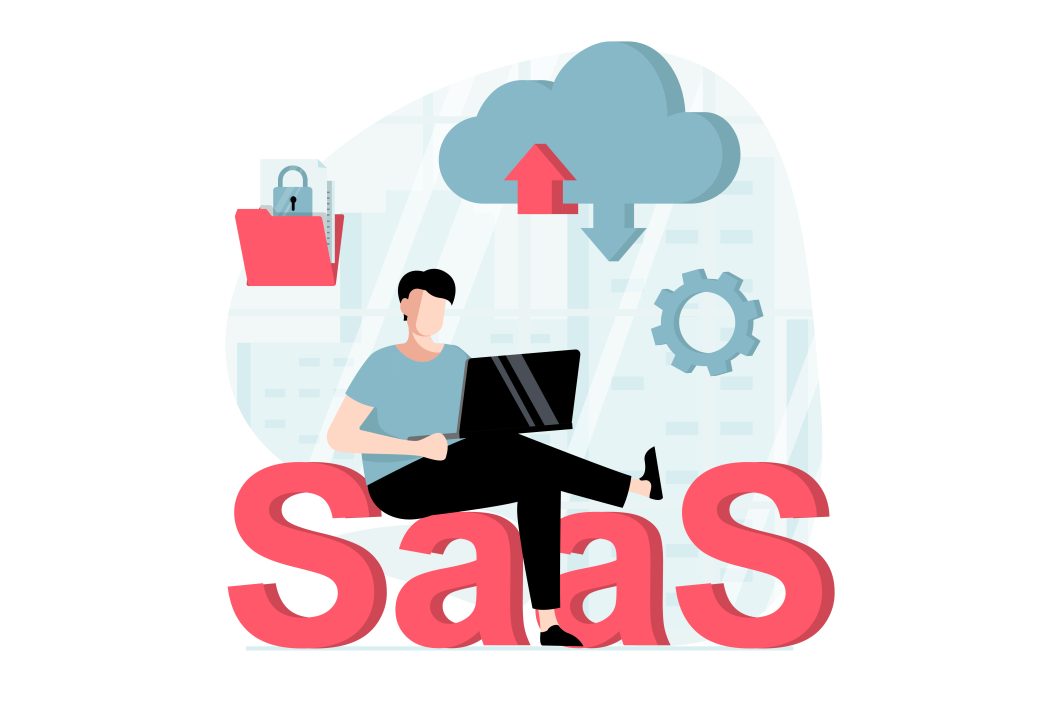In recent years, SaaS (Software as a Service) has become an increasingly popular method of delivering software solutions to customers. As a result, SaaS sales jobs have become some of the most sought-after positions in the tech industry. This blog will explore what SaaS sales jobs entail, why they’re in high demand, and what it takes to succeed in this field.
What are SaaS Sales Jobs?
SaaS sales jobs involve selling software solutions to businesses and organizations delivered through a subscription model. Unlike traditional software sales, which often involve large one-time purchases, SaaS sales jobs require salespeople to focus on building long-term relationships with customers. This means they need to be skilled at closing deals, customer retention, and upselling.
SaaS sales jobs can take many forms, including account executive, business development representative, sales engineer, and sales manager. In each role, salespeople are responsible for identifying potential customers, reaching out to them, and closing deals.
Why are SaaS Sales Jobs in High Demand?
There are several reasons why SaaS jobs are in high demand. For one, the SaaS industry is growing rapidly, with revenues projected to reach $157 billion by 2024. This growth means that there are plenty of job opportunities for salespeople who are looking to get into the industry.
Additionally, SaaS sales jobs tend to offer competitive salaries and benefits packages. Many companies offer uncapped commissions, meaning salespeople can earn significant bonuses for closing deals. And since SaaS companies rely heavily on their sales teams to drive revenue, they’re often willing to invest in training and development programs to help salespeople succeed.
What Does it Take to Succeed in SaaS Sales?
Succeeding in SaaS sales requires a unique set of skills and attributes. Here are a few qualities that are essential for success in this field:
- Strong communication skills: SaaS salespeople need to be skilled at communicating with customers and building relationships. This requires excellent verbal and written communication skills and listening and empathizing with customers’ needs.
- Technical knowledge: Since SaaS solutions are often complex, salespeople must deeply understand the technical aspects of the software they’re selling. This means they should be comfortable with technology and able to explain technical concepts clearly and concisely.
- Persistence: SaaS sales can involve long sales cycles, so salespeople must be persistent and willing to follow up with prospects over an extended period.
- Resilience: Sales can be challenging and often rejecting, and SaaS sales are no exception. Successful SaaS salespeople need to handle rejection and stay motivated despite setbacks.
- Curiosity and Adaptability: As the SaaS industry rapidly evolves, salespeople need to be able to adapt to new products, trends, and technologies quickly. This requires a curious mindset and a willingness to learn and evolve continuously.
In conclusion, SaaS is in high demand and offer significant growth and career advancement opportunities. However, succeeding in this field requires unique skills and attributes. If you’re interested in pursuing a career in SaaS sales, investing in your skills and staying up-to-date with industry trends and developments is essential.

